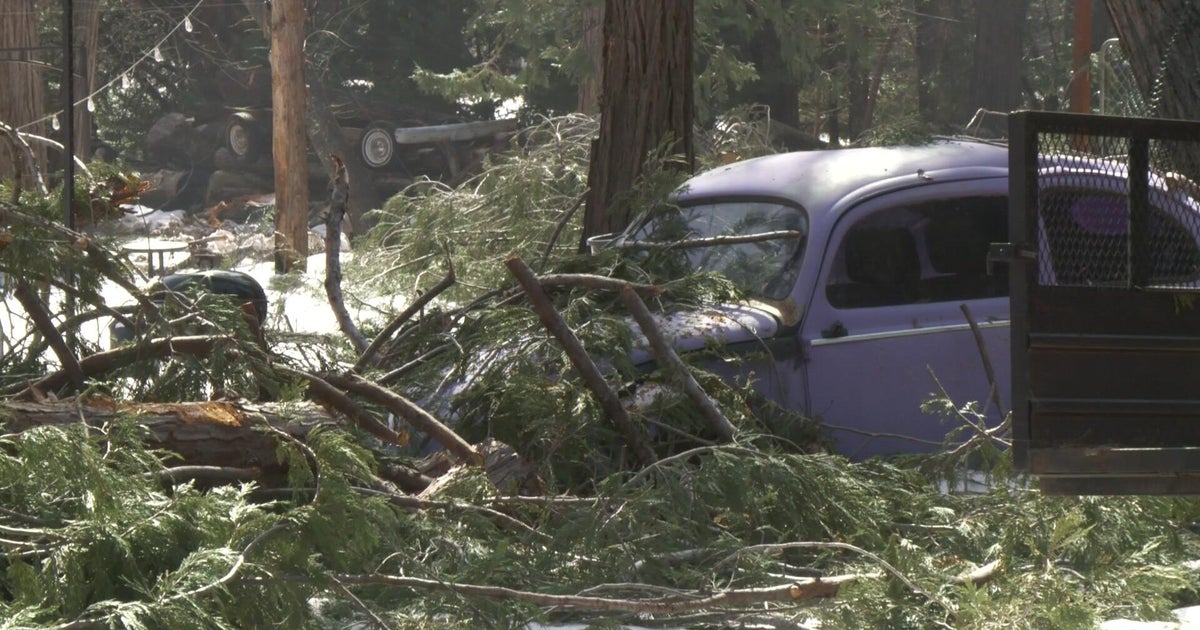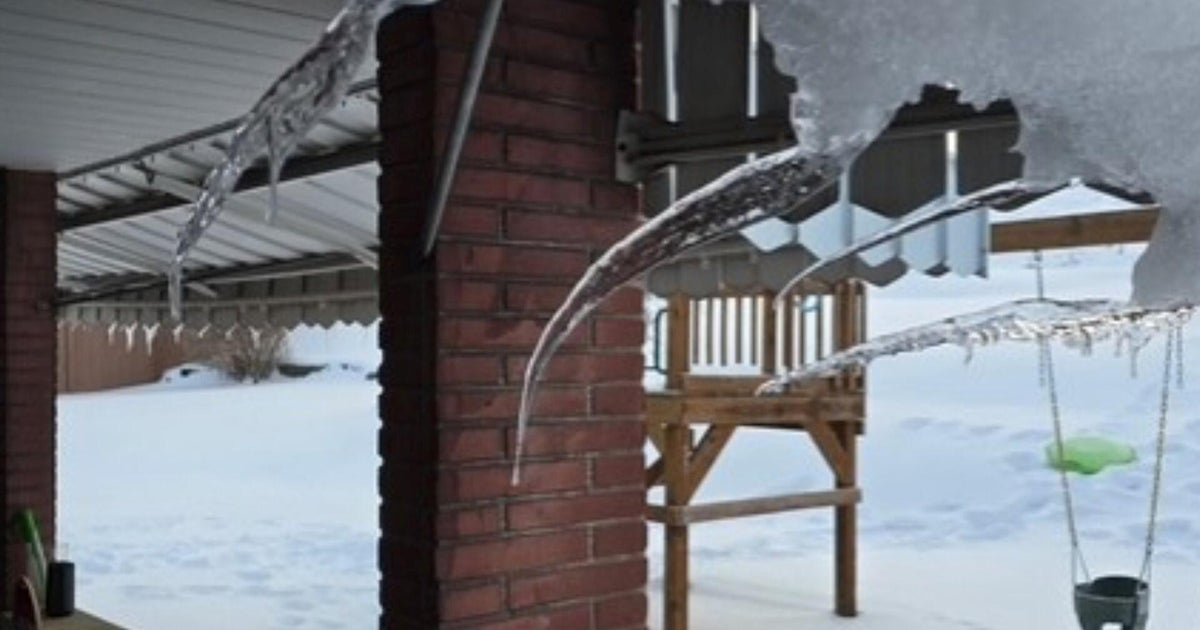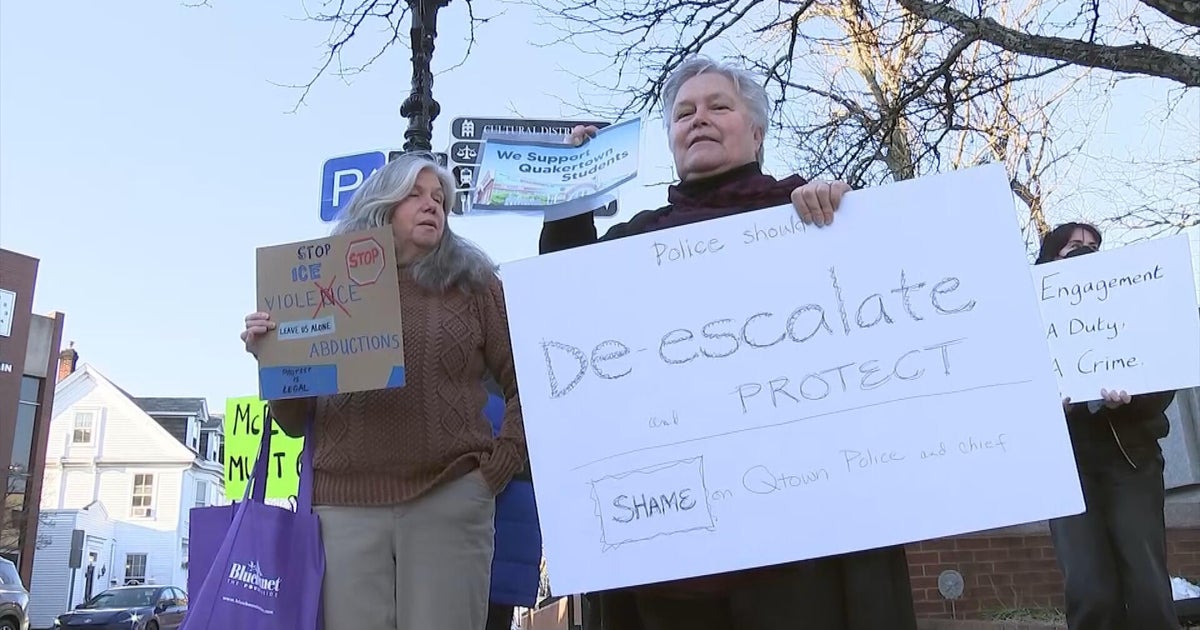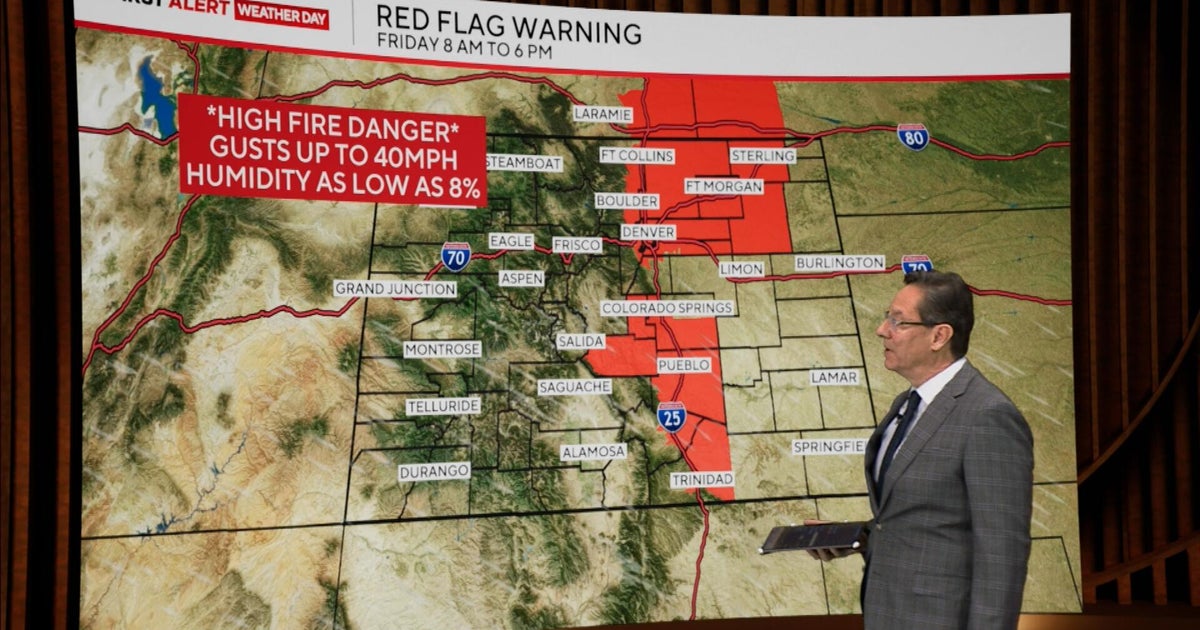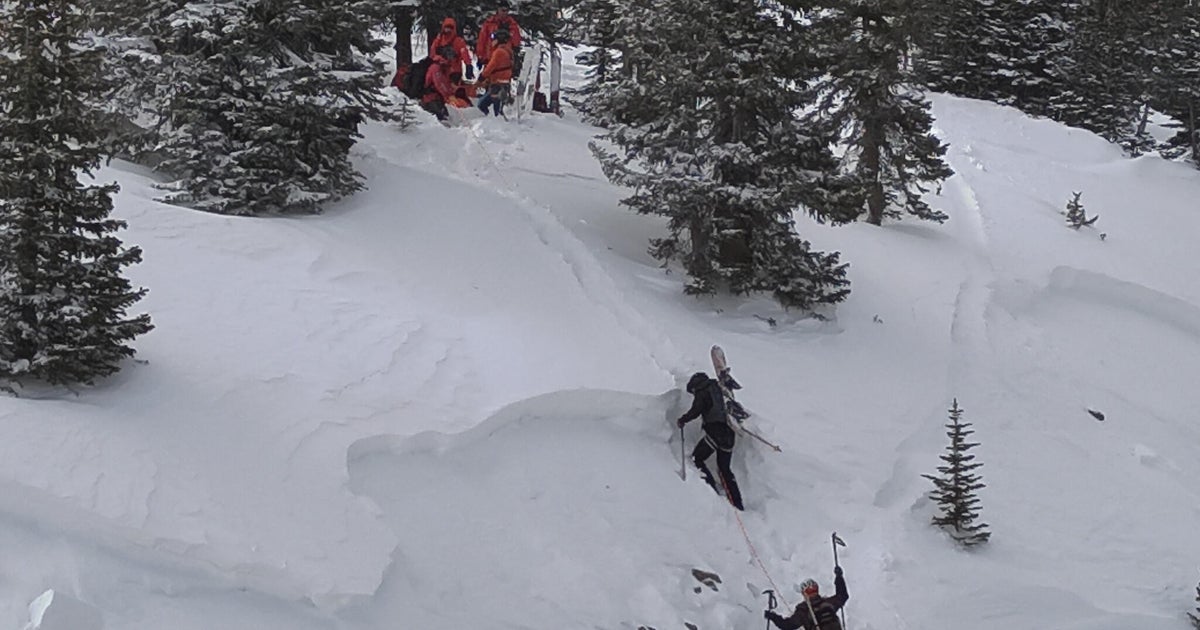Gardening With Gutner: Winter Moth Returns
Watch Todd and Kristina's report
Tree buds are a welcome sign of spring. Unfortunately, spring also signals the return of the dreaded winter moth.
In Massachusetts, the eastern part of the state typically sees the most damage. If not treated properly, and soon, emerging leaves could be riddled with holes, and complete defoliation may ultimately kill maple, oak, apples, cherry, linden and ash trees in as little as four years.
Many outbreaks popped-up last spring, causing concern for this spring. Additionally, the high amount of winter moths we saw this winter is an early warning sign that outbreaks may be high.
When temperatures begin to average 55°F, the winter moth eggs begin to hatch. The newly hatched caterpillars, resembling an inch worm with a white "racing stripe" down the side, wiggle their way under the scales of flower and leaf buds to feed on the unopened bud. As the caterpillars grow, they continue to feed on unfolding leaves and are capable of defoliation on a large scale. If spring flowering is delayed, the problem is further intensified as caterpillars continue to feed on closed buds. In fruit trees, such as apple or blueberry, this may lead to a loss of fruiting.
TREATMENTS
Fortunately, there are treatments that are not only effective, but if handled properly, environmentally friendly.
The first level of defense is to spray trees now with horticultural oil, such as Bonide All Seasons Horticultural Oil. This spray smothers the eggs while the trees are still dormant (no leaves out). Make sure to apply when temperatures are above freezing for 48 hours, so as not damage the plants. Cover as much bark and stems as can safely be reached. This method will dramatically lower populations; however additional treatments may be needed as some eggs may be protected by bark or lichens on the tree.
As leaves unfold, caterpillars will appear to swing from the trees on silky strands spreading to neighboring trees. At that time a foliar insecticide containing spinosad, (Bonide's Captain Jack's Deadbug Brew) should be applied. Spinosad is a natural bacterium that targets caterpillars and similar insects. Once ingested, the caterpillars will stop feeding immediately and die within two-to-three days. If trees are sprayed as the leaves are unfolding, an additional application will protect the untreated foliage.
Bonide All Seasons Horticultural Oil and Captain Jack's Dead Bug Brew are available at all Mahoney's, and most homeowners can handle spraying their smaller trees*.
Larger trees are too hard to reach and require proper equipment. Mahoney's SafeLawns and Landscapes offer spraying services capable of reaching the tops of large trees, as well as smaller. We can also protect against another destructive invasive insect, the Hemlock Wooly Adelgid.
For more information or to schedule an appointment call (781) 305-5555.
* As always read and follow label instructions. Additionally, when spraying fruit trees, take care to protect foraging bees by spraying early in the morning or late in the afternoon when the bees are less active.
